Cyprus is located at the crossroads of three parts of the world: Europe, the Middle East and Africa. Historically, the island has been constantly under the influence of various foreign invaders, which has affected the local culture and traditions. The local mentality includes Mediterranean relaxation, Eastern emotionality and a touch of European pragmatism.
Family comes first
At the centre of every Cypriot's life is his or her family, which is an indispensable support and backbone, the main source of new strength and energy, as well as a ‘comfort zone’ where you can relax and be yourself. It is therefore not surprising that Cypriots prefer to spend almost all their free time at home, with their family and numerous relatives. If you gather all the near and distant relatives together, you get a whole community. It is not surprising that local weddings or christenings can be attended by several hundred guests.
Some families still have a tradition of several generations living under the same roof or nearby. In the past, when children married, parents would complete another floor for the new family. Today it happens less often, but quite often the young ones settle somewhere in the neighbourhood of their parents. Interestingly, according to the old tradition, it was the daughters who inherited the house, while the sons inherited the family business or land.
Kinship ties here are unusually strong and are the basis not only for personal but also for business relationships. So, for example, if the services of a certain craftsman or specialist are needed, Cypriots will first of all turn to someone from their kin. On Sundays and holidays traditionally everyone gathers for a family dinner, usually in the parents' house or in a tavern.
Also in Cyprus they love children very much and spoil them. At that, not only close people, but also outsiders. Any small child in a public place will always be in the centre of attention. Surrounding people will certainly bestow him with their smiles, greetings, affection and attention. Men take part in the upbringing and care of children on an equal footing with women. But, otherwise, patriarchal way of life reigns in Cyprus. Although women have recently become more important in society, they are less emancipated than in other European countries. Cypriot women continue to adhere to the traditional role of ‘keeper of the hearth’ even if they work. Thus, all household chores fall on the shoulders of local women or foreign helpers, usually from the Philippines or Sri Lanka.
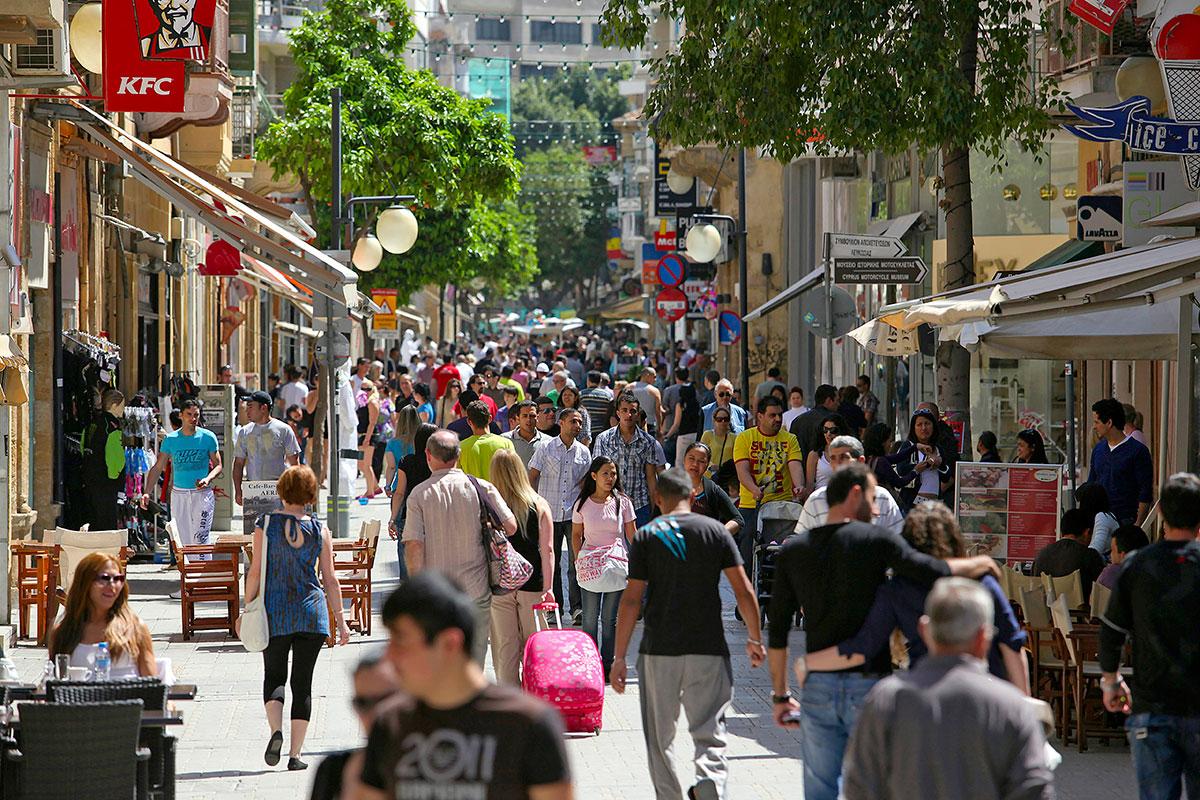
It is worth noting that in the not too distant past, special coffee shops for men only - 'kafenio' (καφενείο) - were ubiquitous on the island. More than just coffee shops, they were a kind of 'boys' club' where Cypriots gathered to discuss local events, politics, sports and backgammon. And you could drink strong alcohol as well as coffee. You can still find such coffee houses today, especially in the villages. And while it is true that most of their visitors are older men, women are no longer forbidden to go there.
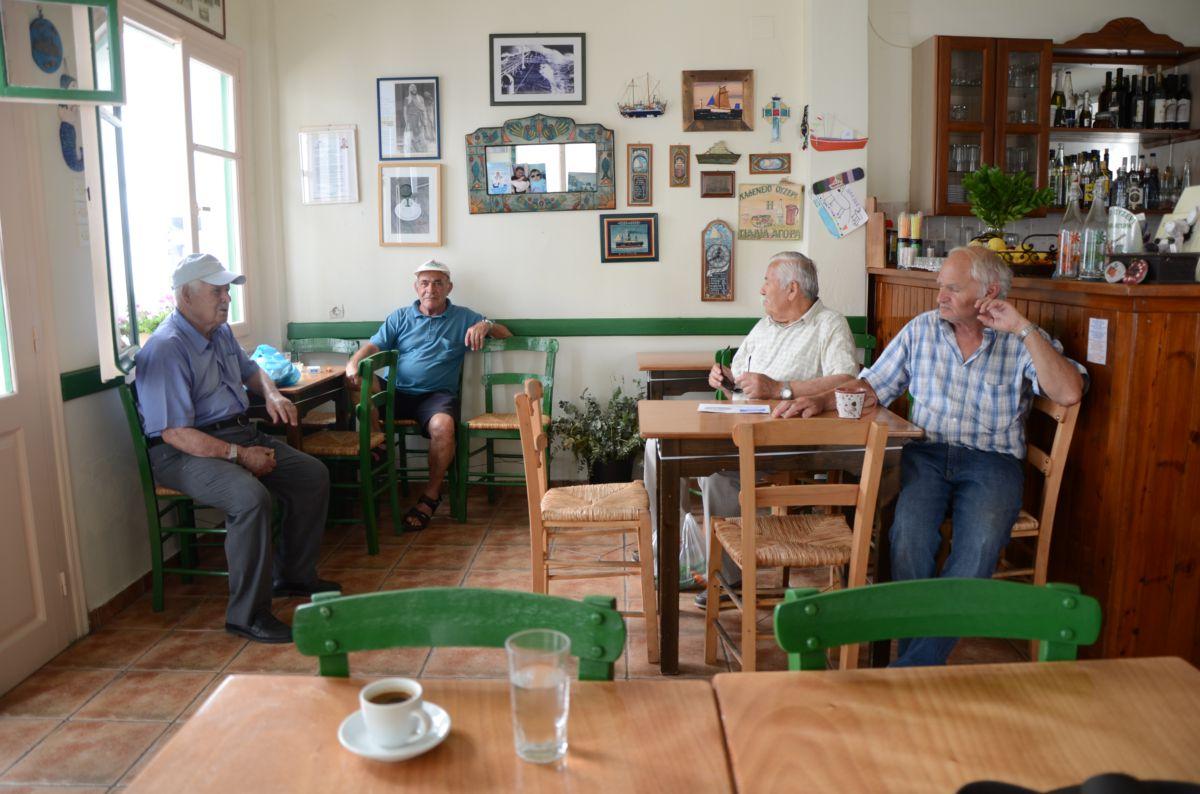
Respect for elders is in the blood of Cypriots and is instilled in them from an early age. Almost every family has a grandmother, affectionately known as 'yia-yia' (γιαγιά). She plays a very important role in the family and is a kind of family elder and keeper of traditions, to whose opinion everyone listens. In public places, elders are sure to give way or help with heavy bags. Even bus drivers are not indifferent and are always ready to help elderly passengers. When speaking to Cypriots of the older generation, it is polite to add the traditional formal and respectful title - 'kyrios' (for men) or 'kyria' (for women) - to their name.

Religion in Cyprus
The Cypriots are a fairly religious people. The dominant religion here is Christianity, with about 90% of the population in southern Cyprus being Orthodox Christians. Religion is closely linked to the state and many Orthodox holidays are official holidays. The Church also plays an important role in many public and even governmental decisions. Cyprus has one of the highest concentrations of churches and monasteries per capita in the world. It is not for nothing that it is called 'the island of the saints'. Even in offices and government buildings, it is not uncommon to see small icons on employees' desks. It is a common sight to see drivers baptising children as they pass a church, and images or mosaics of saints can be found along the highways, especially in the countryside.
Name days are celebrated here more lavishly than birthdays. And on the eve of Christmas or Easter, all the people, even those who are not particularly religious, fill the temples for the festive services. The traditional way to start the day in many Cypriot homes is to fumigate the whole room with incense, sometimes mixed with dried olive leaves. This is usually done by women of the older generation. Very often, when Cypriots are planning something, they say 'prota o Theos' (πρωτα ο θεος), which can be literally translated as 'God first' or 'as God wills'.
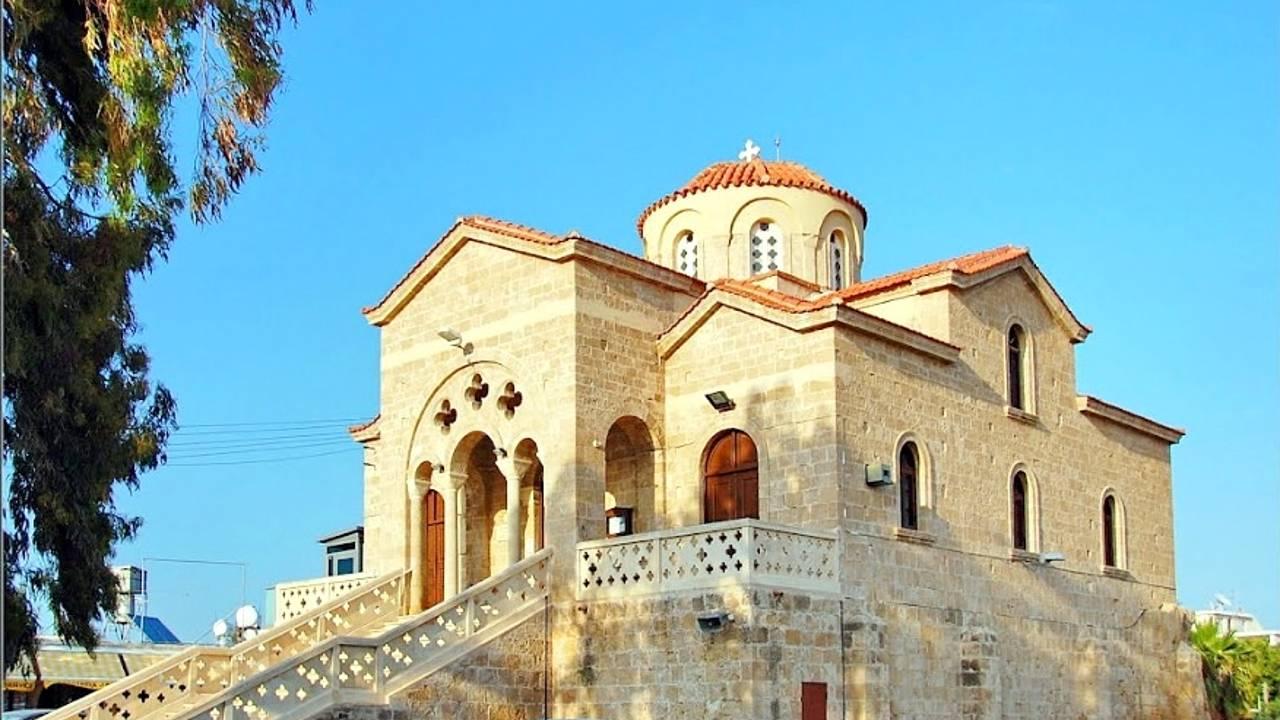
Patriotism
Cypriots are fiercely patriotic. The people of southern Cyprus identify with the heritage of Greece and the ideology of Hellenism. As a result, the Greek flag is more common here than the Cypriot flag. It can be seen near public buildings, schools, temples, monasteries and even on private homes. Greek Cypriots are very proud of their language, which they consider to be the most beautiful but also the most difficult. Therefore, to make contact with them, it is useful to learn at least a few simple phrases in Greek, and the locals will appreciate it. In conversation, it is advisable to avoid 'sensitive' topics such as the Turkish invasion of 1974, as well as criticism of Greek or local culture and politics.
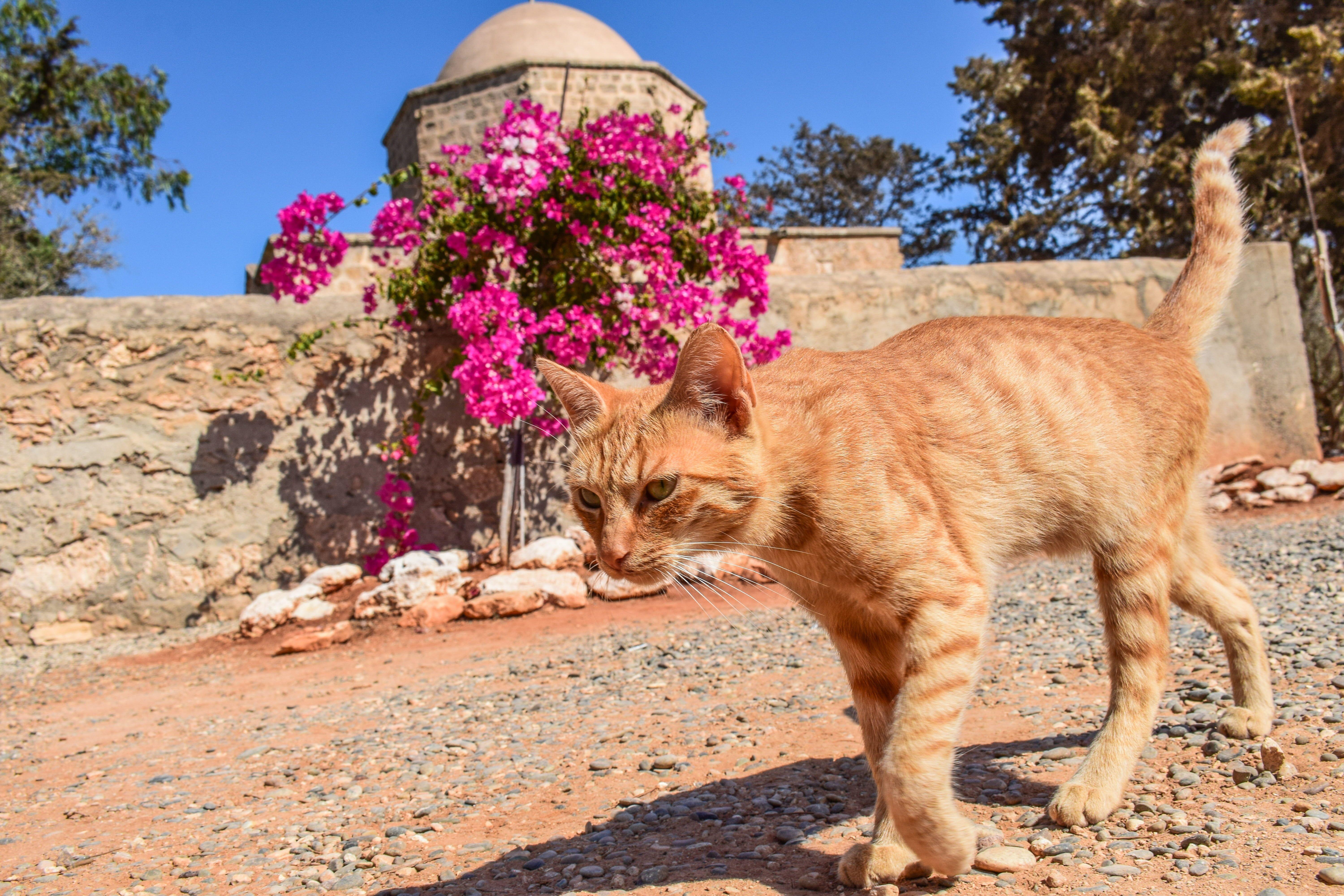
Local pace of life
At first glance, Cypriots may seem lazy and laid-back. But they are not. In fact, they are quite hardworking, but they tend to do most of their work as early in the morning as possible. This is largely due to the hot Mediterranean climate, where in summer the most comfortable time is from early morning until midday. In the afternoon, when the sun is at its zenith, the siesta period begins. As a result, Cypriots are often active, working at a fast pace in the early morning and resting in the afternoon. There is even an unspoken etiquette not to call or disturb each other after lunch until at least three or four in the afternoon. Many shops, except supermarkets, may also close for a few hours at lunchtime, and on weekends and Wednesdays, they either close completely or are only open half the day.
The Cypriot pace of life is called 'siga-siga' (σιγά-σιγά), which literally means 'slow', 'take your time'. There is even such a thing as 'Cypriot time', when it is perfectly normal for the person you are talking to be half an hour or even an hour late. And a tradesman who has promised to come 'tomorrow' may arrive a few days or weeks later. Of course, this does not apply to business meetings or very formal situations, but it is quite common in everyday life.
But contrary to first impressions, the concept of 'siga-siga' does not mean irresponsibility. Rather, it is a special philosophy that allows you to live each day and enjoy the moment, such as Cypriot coffee, good weather, an afternoon nap on a hot day. It also means 'going with the flow', trying to do your best but not worrying if things don't go according to plan. It seems that all life on the island is subordinated to the rhythm of 'siga-siga' and many personal and business relationships develop in this way. It's a kind of 'cycle', where you cut people some slack if they're late or don't keep a promise, and they cut you some slack in return.
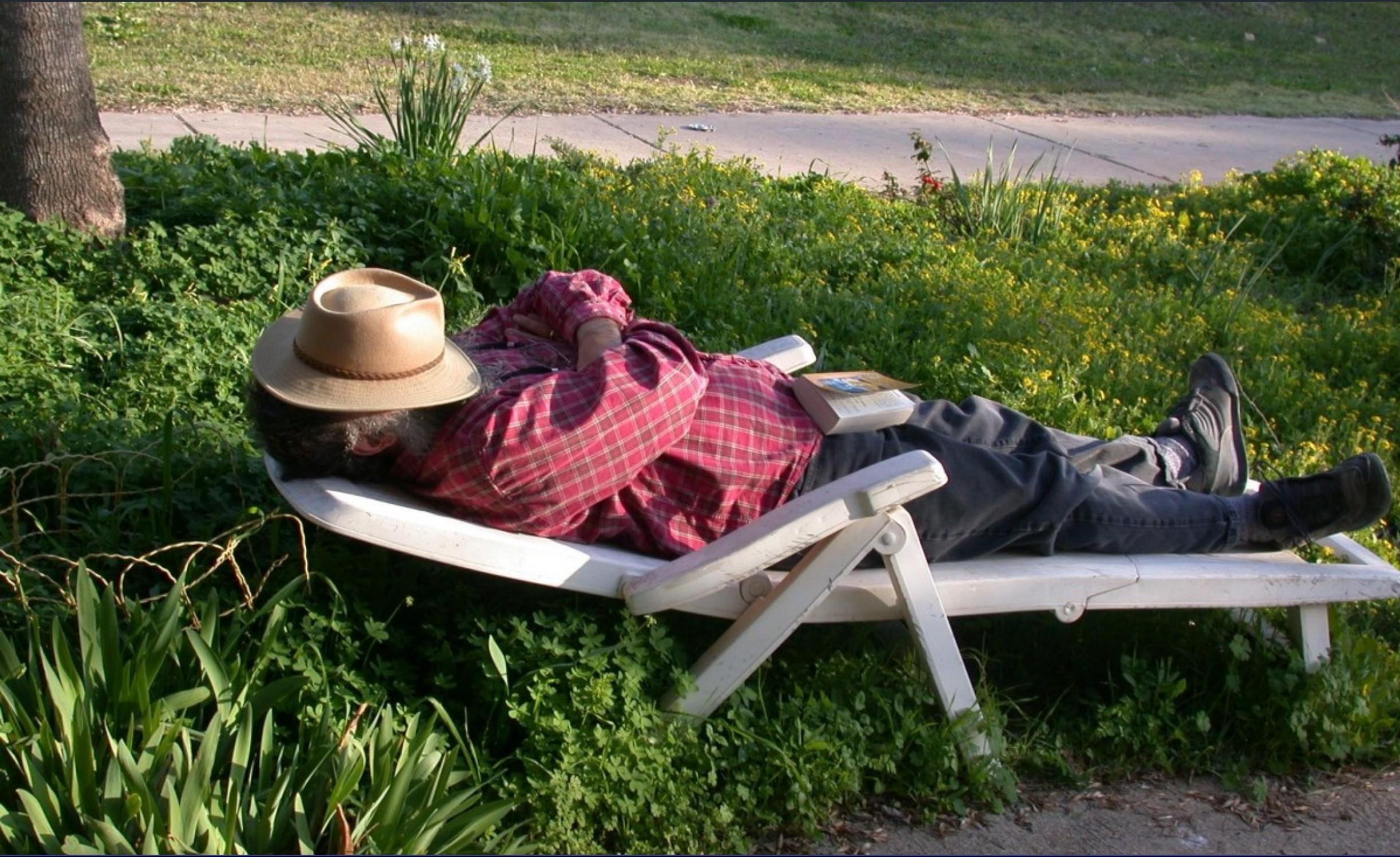
Mentality
It is safe to say that Cypriots are very conservative. This has its advantages and disadvantages. On the one hand, they honour their traditions and pass them down from generation to generation, but on the other hand, they are cautious and slow to accept anything new. This is also evident in the local cuisine, where hostesses tend to cook only traditional dishes according to old family recipes, without trying to experiment.
Conservatism is present in social and political life as well as in business. Cypriots are often guided by the principle that 'if it works, why change it? It is also common to follow and conform to social norms and patterns.
Compared to the Western style of communication, where straightforwardness prevails, there is an Eastern reserve in Cyprus. It is very important for Cypriots to 'save face', so they are more likely to say 'maybe' or 'it will be difficult' rather than a direct 'no'. It is quite possible that this reticence is justified by the philosophy of 'philotimo', where it is important to smooth out sharp edges and not upset the interlocutor.
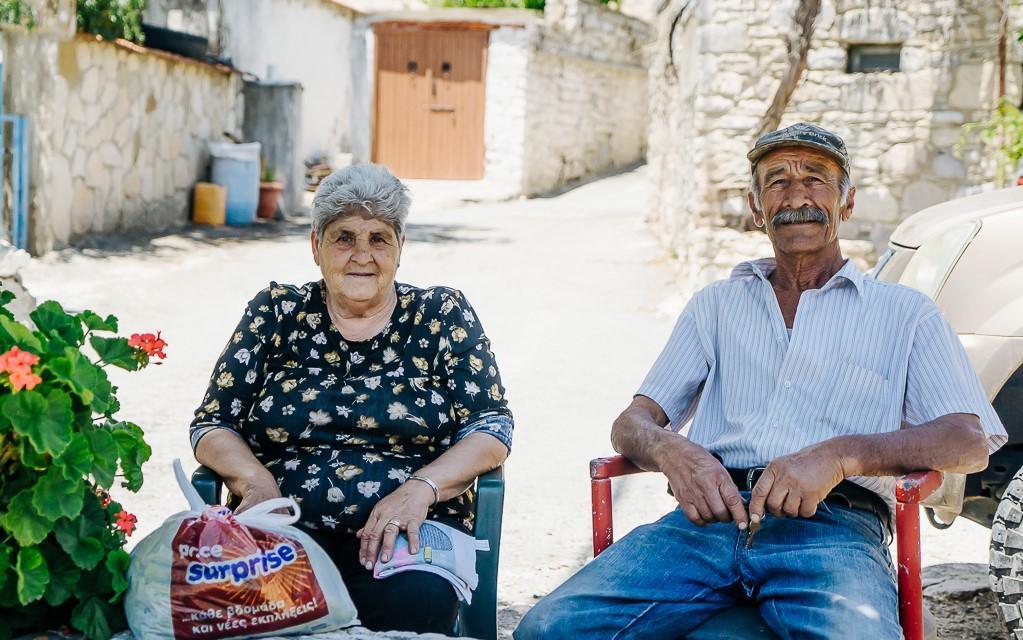
Attitude towards foreigners
In Cyprus there is a concept called 'philoxenia' (φιλοξενία), which literally means 'hospitality'. If you are invited to someone's home, you are sure to be received as a most welcome guest. In the past, especially in villages, many people did not even lock their doors. They could easily invite travelers or tourists into their homes and offer them a traditional treat - Cypriot coffee, a glass of water and a small sweet. You can still find this tradition in small villages.
If you are invited to a family meal or celebration, it is a sign of special respect and should not be refused. You can bring sweets or a bottle of wine to a family lunch or dinner, but it is not obligatory. If you are invited to a Cypriot wedding or christening, it is customary to give a small envelope of money.
In the local culture there is also the concept of 'philotimo' (Φιλότιμο). It is quite comprehensive and includes a whole complex of virtues such as kindness, helpfulness, decency and many others. Its essence can be summed up in the phrase: 'Do to others as you would have them do to you'. In everyday life, 'philotimo' is expressed in mutual help, good neighbourly relations with everyone around us, and a desire to avoid conflict. For example, for many domestic problems, and not only here, it is customary to turn to neighbours or close friends who are sure to come to the rescue.
Most Cypriots are very open and friendly, both to each other and to foreigners, and are always ready to make small talk. But sometimes this openness can be superficial. The locals are not in a hurry to get close to foreigners, but are rather wary of them and keep their distance, at least at the beginning of communication. Perhaps this is a consequence of the island's colonial past.
It takes time and patience to make real friends with Cypriots. If you do, you will have loyal friends; if not, you will have to settle for superficial communication.
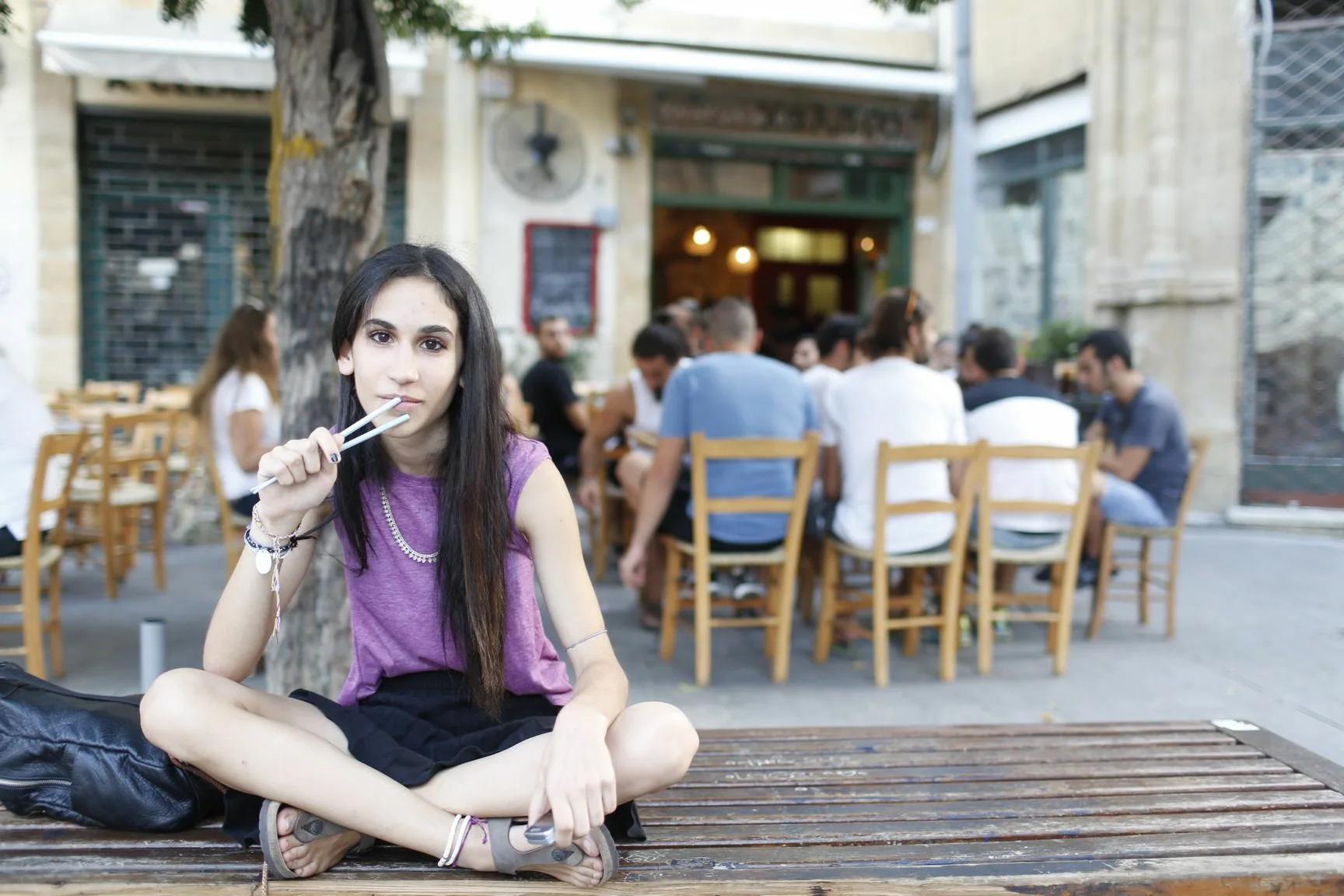
Read also:


